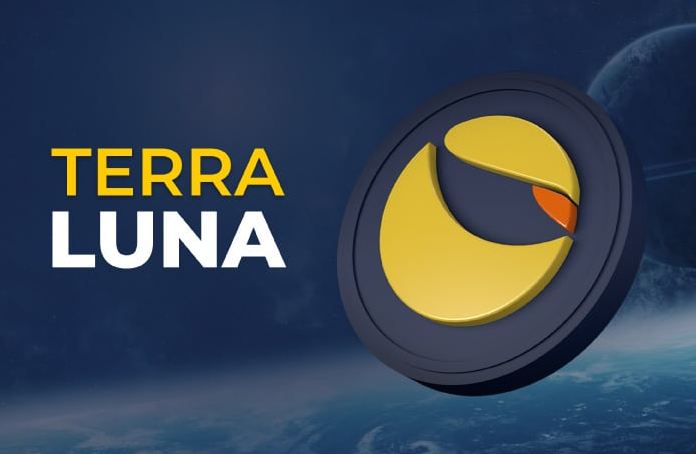WazirX fallout: The theft of more than $230 million due to a security breach at crypto exchange firm WazirX has encouraged other companies in the sector to introduce measures and programs that can make customers’ wallets and money safe. People familiar with the development say these measures may include the provision of a compensatory fund to settle the accounts of customers affected by cyber attacks and theft of funds.
However, analysts say introducing traditional insurance to secure crypto assets will be a challenging task for the industry.
“I don’t think there is any exchange that claims that the money is 100 per cent insured. We have tried to get insurance in the past but we could not find any insurance service provider who was willing to provide insurance protection for these assets. It is not an easy process,” WazirX founder and chief executive Nischal Shetty told Business Standard last week.
Another domestic crypto exchange CoinSwitch claims that its custodial wallets are insured to prevent theft.
Balaji Srihari, Business Head at CoinSwitch, said, “We hold users’ crypto assets in industry-leading custodial wallets. These wallets are designed with advanced security measures to prevent unauthorized access or theft. Our custodial wallets are insured by reputable providers, which provides additional security.”
The lack of a law providing for compulsory insurance has added to the industry’s woes.
Navodaya Singh Rajpurohit, Legal Partner at CoinQ Consulting and Founder at Pravadaati Legal, said, “Regulatory uncertainty and the lack of regulations requiring exchanges to insure the assets under their custody have hampered the growth of India’s virtual digital assets (VDA) insurance sector.”
Rajpurohit says the crypto sector is still in its nascent stages, and the lack of a clear classification for VDAs has posed a challenge for insurance companies that are keen to engage with crypto exchanges.
He said, ‘The ambiguity regarding the classification of digital assets such as bitcoin, security tokens and stablecoins has complicated the risk assessment. Without clear guidelines, insurance companies are uncertain about how to evaluate these risks. This is in contrast to some Indian exchanges that have insurance policies from digital asset insurance companies.’
“Insurers will also need to understand what is good practice for the industry. They are evolving on a quarterly basis. The industry is new, and such incidents happen every three to six months, making it difficult for providers to insure,” says Shetty.
Cyber attacks on crypto exchanges or crypto theft have become extremely common globally. 2022 was the biggest year for crypto hacking, when according to a report, $3.8 billion was stolen from crypto currency businesses.


